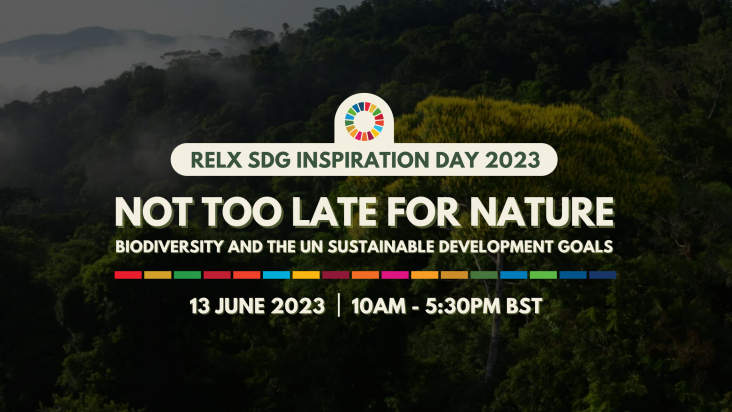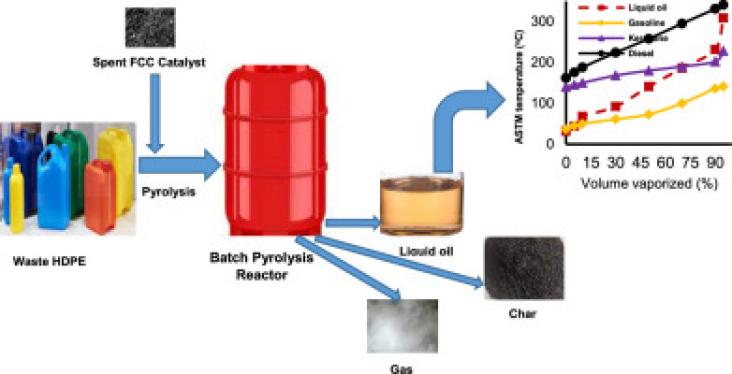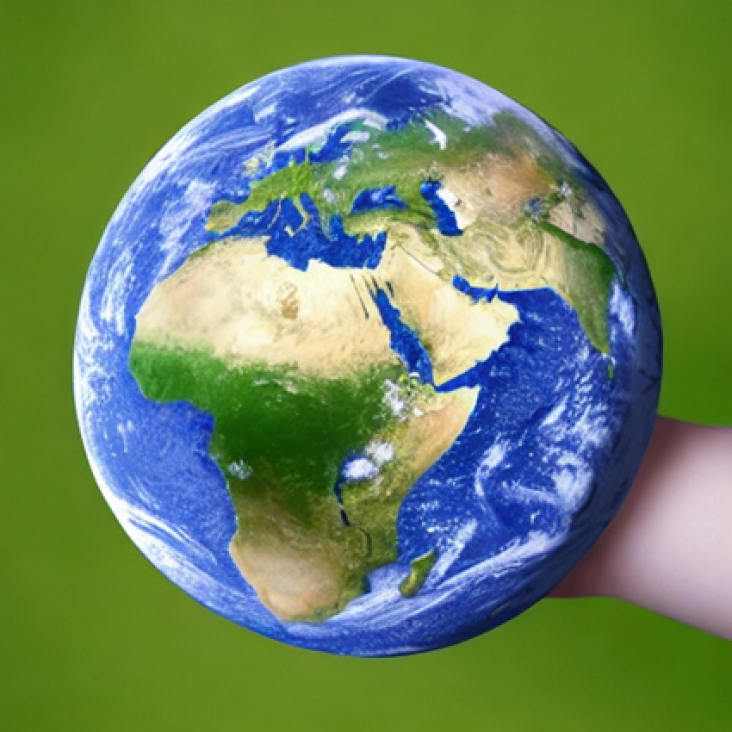This chapter aligns with Goals 12 and 13 by reviewing the role of functionalized nanofibers in wastewater treatment.

Register today for the ninth RELX SDG Inspiration Day - a free, online event for thought leaders, corporate representatives, students, investors, government and NGOs to explore issues, gain practical insights and be inspired to take action in support of the UN Sustainable Development Goals.
Elsevier,
Nutrition Science, Marketing Nutrition, Health Claims, and Public Policy, 2023, pp 297-305
This chapter aligns with Goal 3: Good Health and Wellbeing and Goal 12: Responsible Consumption by making public policymakers and nutrition marketers aware of how food and nourishment are linked to environmental conditions, as well as how sustainable approaches in nutrition marketing enhance positive behavior and build healthy societies.
This review artcile, with contributionsform allover the world, describes various approaches to convert plastic wastes into new products known as an efficient way to manage them and to enhance the sustainability of the environment.

The article describes how to turn waste plastics into high-quality liquid oils by thermal and catalytic pyrolysis.

Earth Day is celebrated annually on April 22nd every year to demonstrate support for environmental protection. The theme for Earth day 2023 is Invest In Our Planet. Elsevier is proud to highlight these freely accessible book chapters and journal articles in honour of this event.
This chapter aligns with Goals 12, 13 and 15 by reviewing direct and indirect causes and drivers responsible for forest degradation and their consequences on health, environment, life, etc.
Elsevier,
Nikolay Manchev Petrov, Mariya Ivanova Stoyanova, Rajarshi Kumar Gaur, Chapter 12 - Biodiversity and characterization of economically important viruses on potato cultivars, Editor(s): Rajarshi Kumar Gaur, Basavaprabhu L. Patil, Ramasamy Selvarajan, Plant RNA Viruses, Academic Press, 2023, Pages 245-270, ISBN 9780323953399
This content aligns with Goal 15: Life on Earth as it discusses the different viruses that can infect potatoes which are a problem for the quality and the quantity of global potato production which can exacerbate any food security issues.
This paper sought to explore similarities, variations and determinants of sustainable plastics consumption behavior within a sample of approximately 7600 respondents from eight European countries. We find that most consumers engage in sustainable plastics behavior during the usage phase, by reusing plastic containers and refilling water bottles. The regression analysis suggests that personal responsibility, having high values for nature, being a member of a nature organization and feeling knowledgeable about plastic pollution are important predictors of sustainable plastics consumption.

Earth Day is celebrated every year on April 22nd, and it is a global event aimed at raising awareness and promoting action towards environmental protection. It was first celebrated in 1970, and since then, it has become one of the largest civic events in the world, with over one billion people participating in activities such as clean-up campaigns, tree-planting initiatives, and educational programs. The theme for 2023 is Invest in Our Planet, a campaign that will focus on engaging governments, institutions, businesses and individuals in the fight against the climate crisis.
